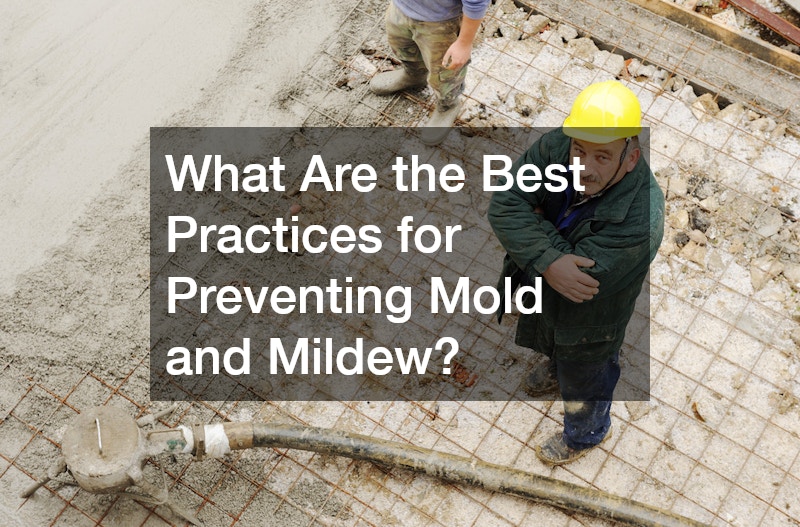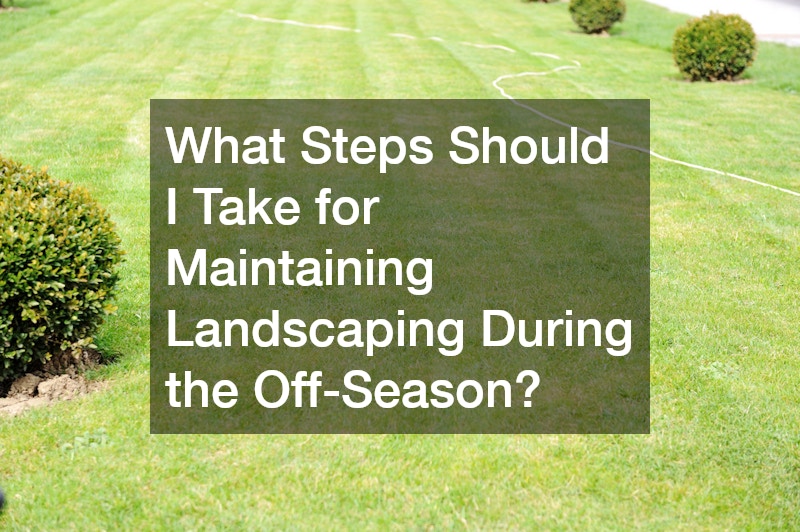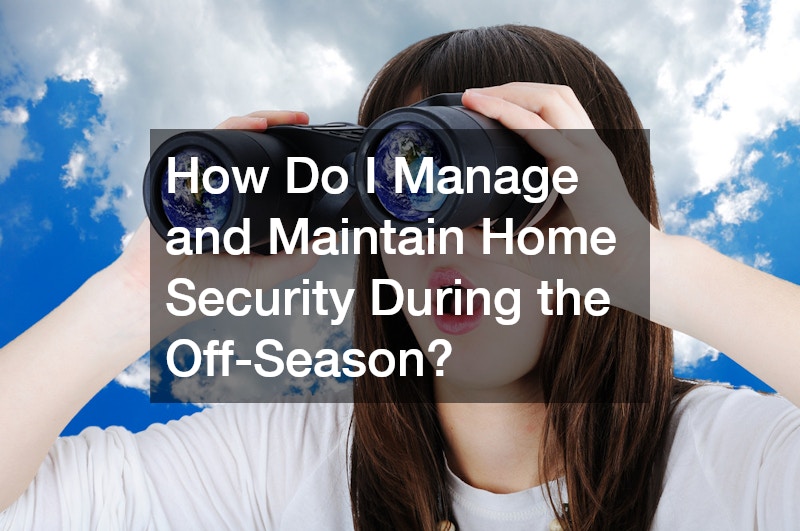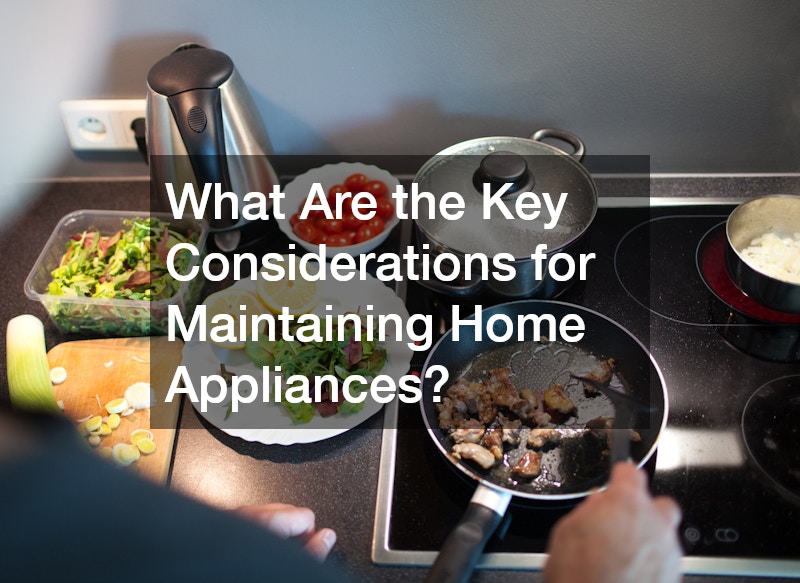Maintaining your summer home during the off-season is key to ensuring its longevity and readiness for the next vacation season. Proper upkeep prevents costly repairs and keeps your property in prime condition. This guide offers summer home maintenance tips that address all major aspects of home care, from pest prevention to landscaping and beyond.
Your summer home is more than just a getaway; it’s an investment that requires thoughtful care and attention throughout the year. Neglecting maintenance during the off-season can lead to unexpected problems that are both time-consuming and expensive to resolve. Taking proactive steps now can save you significant headaches later, ensuring your home remains comfortable, functional, and welcoming whenever you’re ready to return. Whether it’s sealing windows, winterizing your plumbing, or safeguarding your landscaping, each task plays a vital role in keeping your property in peak condition. By following these essential tips, you’ll not only preserve the value of your home but also create a safer and more enjoyable space for your family and guests.
1. How Do I Prepare My Summer Home for the Winter Months?
1.1 Inspect and Seal Windows and Doors
Windows and doors are the first line of defense against harsh weather. Inspect for drafts and seal any gaps with caulking or weatherstripping. For properties needing more extensive upgrades, consider window replacement to improve energy efficiency.
1.2 Winterize Plumbing Systems
Frozen pipes can lead to costly repairs. Drain and insulate your plumbing to prevent freezing. Enlist a professional plumber for an inspection to ensure all systems are winter-ready.
1.3 Clean and Store Outdoor Furniture
Store outdoor furniture in a dry, sheltered area. Clean cushions and frames to prevent mildew during storage. Tree clean up is also a wise choice to avoid having leaves and debris in your outdoor furniture the next season.
1.4 Service Heating Systems
Schedule a professional HVAC technician to service your heating system before the cold sets in. Replace filters and check for efficiency.
1.5 Protect Entry Points From Pests
Seal cracks and install mesh screens over vents to keep out pests. Hiring an exterminator can provide additional peace of mind if there’s an infestation risk.
2. What Are the Best Practices for Preventing Mold and Mildew?

2.1 Maintain Proper Ventilation
Keep air circulating to prevent moisture buildup. Use exhaust fans in bathrooms and kitchens regularly.
2.2 Use Dehumidifiers
Dehumidifiers are vital in damp areas to maintain an ideal indoor humidity level.
2.3 Regularly Inspect for Leaks
Check roofs, windows, and plumbing for leaks that could foster mold. Use gutter supplies to ensure water drains away from the home.
2.4 Clean and Disinfect Common Areas
Regular cleaning with mold-killing solutions helps prevent the spread of spores.
2.5 Monitor Humidity Levels
A humidity level between 30%-50% is ideal for mold prevention. Use smart home devices to monitor and adjust as needed.
3. How Often Should I Check and Maintain the Roof?
3.1 Conduct Seasonal Inspections
Inspect the roof at least twice a year for damage or wear.
3.2 Clear Gutters and Downspouts
Clogged gutters lead to water pooling and roof damage. Keep gutters clear with proper gutter supplies or hire a professional service.
3.3 Repair Any Damaged Shingles
Replace cracked or missing shingles immediately to avoid leaks.
3.4 Ensure Proper Insulation
Good insulation reduces ice dams and keeps your home energy-efficient.
3.5 Look for Signs of Sagging or Leaks
Address any structural issues promptly with the help of a contractor.
4. What Steps Should I Take for Maintaining Landscaping During the Off-Season?

4.1 Trim Trees and Shrubs
Prune overgrown branches to prevent damage from wind or snow. Enlist a backyard landscaper for complex projects.
4.2 Mulch Plants and Flower Beds
Mulching protects roots from extreme cold and maintains soil moisture.
4.3 Protect Outdoor Pipes
Cover exposed pipes with insulation to prevent freezing.
4.4 Store Gardening Tools Properly
Clean and oil tools before storing to prevent rust.
4.5 Plan for Spring
Use the off-season to plan new landscaping features and order landscaping material in advance.
5. How Should I Maintain and Store My Pool?
5.1 Balance Pool Chemicals
Properly balancing your pool’s chemicals is essential for maintaining water quality during the off-season. Test the pH, chlorine, and alkalinity levels, and adjust them as necessary to prevent algae growth and mineral buildup. Neglecting this step can lead to significant cleaning challenges when you’re ready to reopen the pool.
5.2 Clean and Store Pool Equipment
Cleaning and storing pool equipment properly is just as important as maintaining the pool itself. Remove, clean, and dry filters, pumps, and skimmers to prevent mold and mildew. Store them in a dry, sheltered location to ensure they remain in good condition for the next season.
5.3 Cover the Pool Securely
Invest in a high-quality pool cover to protect your above ground pool from debris, dirt, and weather damage. Ensure the cover fits tightly and is properly secured to avoid it being blown away during storms. A durable cover can also prevent animals from accessing the pool and causing further issues.
5.4 Lower Pool Water Levels
Lowering the water levels in your pool is a crucial step to prevent freezing and potential damage to the pool’s walls and lining. Drain water to a level below the skimmer but not entirely, as some water is necessary to maintain pressure against the pool’s structure.
5.5 Inspect Pool Liner or Surface
Carefully inspect your pool liner or surface for any cracks, tears, or other signs of damage. Addressing these issues during the off-season ensures they won’t worsen over time. If you’re unsure about the condition of the liner, consider consulting a professional to assess and perform necessary repairs.
5.6 Winterize Pool Plumbing
Don’t forget to winterize the pool’s plumbing system. Drain all pipes, pumps, and filters to prevent water from freezing inside and causing cracks. Use antifreeze specifically designed for pool systems if needed. This step protects your plumbing from costly repairs and extends the lifespan of your equipment.
5.7 Schedule a Professional Inspection
Consider scheduling a professional pool inspection before closing it for the season is an important one of our summer home maintenance tips. A trained technician can identify potential problems that may go unnoticed, such as hidden leaks or equipment malfunctions. Addressing these issues early ensures your pool will be ready to use when summer returns.
6. What Tips Are Essential for Maintaining HVAC Systems?
6.1 Schedule Regular Servicing
Summer home maintenance tips become easier when you partake in routine care. Hire an HVAC professional for routine maintenance.
6.2 Replace Air Filters
Clean or replace filters every 1-3 months to maintain efficiency.
6.3 Clean Air Vents
Clear dust and debris from vents to improve air quality.
6.4 Check for Ductwork Leaks
Seal any leaks to prevent energy loss.
6.5 Optimize Thermostat Settings
Set programmable thermostats to save energy while maintaining a stable temperature.
7. How Do I Manage and Maintain Home Security During the Off-Season?

7.1 Install a Security System
Invest in a modern security system with cameras and motion detectors.
7.2 Regularly Check Security Features
Inspect locks, cameras, and alarms for proper function.
7.3 Use Timers for Lights
Timers deter intruders by mimicking occupancy.
7.4 Keep Neighbors Informed
Ask trusted neighbors to monitor your property.
7.5 Store Valuables Securely
Keep valuables in a safe or off-site storage.
8. How Should I Handle My Summer Home’s Electrical Maintenance?
8.1 Inspect for Frayed Wiring
Summer home maintenance tips often hinge on keeping your property safe. Look for damaged wiring, which could pose a fire hazard.
8.2 Update Outdated Circuits
Consult an electrician to upgrade old electrical panels or circuits.
8.3 Test Smoke and Carbon Monoxide Detectors
Ensure detectors are functional and replace batteries as needed.
8.4 Ensure Backup Power Solutions
Invest in a generator for emergency power.
8.5 Schedule an Electrical Audit
Periodic audits by an electrician ensure compliance with safety standards.
9. What Are the Key Considerations for Maintaining Home Appliances?

9.1 Clean Out and Defrost the Refrigerator
Emptying and defrosting the refrigerator is critical for preventing unpleasant odors and maintaining its functionality. Clean the interior thoroughly with a mild cleaning solution and wipe down all surfaces. Remove any perishable items and leave the doors slightly ajar to allow airflow, which helps prevent mold and mildew from developing during the off-season.
9.2 Run Cleaning Cycles on Washers and Dryers
Washers and dryers often accumulate detergent residue, lint, and grime. Running a cleaning cycle with a specialized cleaner or a vinegar solution ensures these appliances remain in optimal condition. Don’t forget to empty the lint trap in your dryer, as built-up lint poses a fire hazard. For extra care, disconnect hoses and inspect for wear or leaks.
9.3 Check and Clean Oven and Range
Your oven and range may accumulate grease and food debris over time. Use appropriate cleaning solutions to remove grime and inspect the burners for any blockages or malfunctions. If your oven features a self-cleaning function, utilize it, but follow the manufacturer’s guidelines to avoid overheating. Cleaning these appliances thoroughly ensures they’ll be ready for use when you return.
9.4 Inspect Small Appliances
Small appliances like coffee makers, toasters, and microwaves are often overlooked but still require attention. Check each appliance for signs of wear, such as frayed cords or damaged components. Clean removable parts and interiors to remove buildup. If any appliances are nearing the end of their lifespan, consider replacing them to ensure safety and efficiency.
9.5 Unplug Non-Essential Devices
Unplugging non-essential devices is a simple yet effective way to conserve energy and protect against potential electrical surges during storms. Devices left plugged in can draw phantom power, increasing your utility bills unnecessarily. For larger appliances that need to remain connected, such as the refrigerator, consider using surge protectors to provide an added layer of safety.
9.6 Perform Routine Maintenance Checks
In addition to the steps above, perform routine maintenance checks on all appliances, including those not in regular use. Inspect seals on refrigerators and freezers to ensure they remain airtight, and lubricate moving parts on items like ceiling fans or mixers. Staying proactive with maintenance can extend the lifespan of your appliances and help you identify issues before they become costly repairs. Regular maintenance can also satisfy insurance policy conditions, ensuring your coverage remains intact.
9.7 Invest in Appliance Covers and Storage
For appliances that will not be in use for an extended period, consider using protective covers to shield them from dust and debris. If you have portable appliances, store them in a clean, dry location. This extra step keeps your devices in better condition and reduces the time needed to prepare them for use when the season begins again.
10. How Can I Ensure Safe Water Quality During Long Periods of Non-Use?
10.1 Flush and Clean Water Systems
Run water through pipes to flush out stagnant water.
10.2 Test Water Quality Regularly
Use test kits to ensure water is safe for drinking and use.
10.3 Use Water Softening Systems
Softening systems help prevent mineral buildup in pipes and fixtures.
10.4 Store Clean Water Supplies
Keep emergency water supplies in food-grade containers.
10.5 Install or Maintain Water Filtration Systems
Ensure your filtration system is operational and replace filters as needed.
Maintaining your summer home during the off-season is a vital task that ensures your property remains in excellent condition. By following these summer home maintenance tips, you can avoid costly repairs and enjoy peace of mind, knowing your home is ready for your next visit. From sealing windows to consulting an exterminator or electrician, each step contributes to preserving the integrity and safety of your summer retreat.
Proper maintenance of your summer home during the off-season is crucial for ensuring its longevity and readiness for your next visit. By addressing key areas such as pest prevention, landscaping, plumbing, and appliance care, you can prevent costly repairs and unexpected issues. Each task, from winterizing your plumbing to securing your pool, contributes to preserving the comfort and functionality of your home.
Taking the time to implement these summer home maintenance tips not only safeguards your property but also enhances its overall value. A well-maintained summer home remains a sanctuary for relaxation and enjoyment, free from avoidable complications. Whether it’s scheduling professional inspections, investing in high-quality materials, or performing routine checks, every effort you make now ensures a smoother transition into the next season.
In addition to practical benefits, consistent maintenance provides peace of mind. Knowing your home is protected from pests, weather, and wear allows you to focus on what truly matters—creating lasting memories with your loved ones. With proactive care, your summer home will continue to be a cherished retreat for years to come. By following these guidelines, you can enjoy your home to its fullest potential while avoiding unnecessary stress and expenses.

